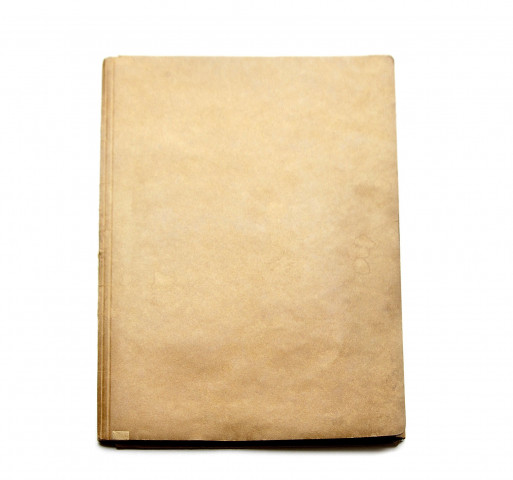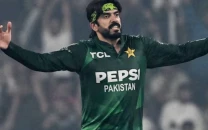Court lexicon: Key verdict terminology, self-explained
The verbose document, however, went to great lengths to explain key terms.

The voluminous order comprised 156 pages, but had no appendix. The verbose document, however, went to great lengths to explain key terms used therein itself or through its respondents. Some of them, listed alphabetically below, are:
Bhatta, or extortion, a normal practice, according to DG Rangers, whereby criminals, backed by political parties, collect at least Rs10 million everyday from ordinary shopkeepers, push-cart peddlers and top businessmen; a police report indicates it is collected invariably by the people who claim their association with ANP, MQM, PPP, Jamat-e-Islami, Sunni Tehrik, etc.
Courts, [institutions that] can only act upon evidence and material presented before them and have no ill-will.
Islam, a religion of peace and tolerance which stands for safety, security and sanctity of human life; abhors unlawful killing of innocent people.
Judges, have no guns to fight the terrorists, but have the authority to ensure and strengthen the hands of those who actually apply the law; cannot enter upon a public or private debate about their performance or judgments even though the criticism is highly politicised and unjustified, as it often is these days.
Karachi, the capital of Sindh and the hub of great economic and financial activity; has been allowed to expand in an unplanned way and resultantly, lacks basic infrastructure to support such a large human settlement; unjust infrastructure has divided it on ethnic and political basis, says DG Rangers Sindh.
Karachi violence, is a turf war between various groups on account of their financial and economic interests in the huge economic, industrial and commercial activities, etc of the city; considered “more serious” than the problem in South Waziristan by DG Rangers Sindh.
Life, used in Article 9 of the Constitution, includes all such amenities and facilities which a person born in a free country is entitled to enjoy with dignity, legally and constitutionally.
Police, primarily responsible to enforce law and order, has no intention to deliver; either scared or dishonest or absolutely lack the requisite skills; morale is low, [and] are caught between the devil and the deep blue sea; on one hand, they may be punished for doing their duty if it runs counter to the political objectives of the party in power and on the other, they are afraid of being shot by the persons they have apprehended, or their associates; 30 to 40% of the force declared “non-cooperative” by its chief.
Operation Clean-up, allegedly launched against Mohajir Qaumi Movement (MQM) between 1992 and 1994; a constitutional petition challenging it, filed by MQM’s Senator Ishtiaq Azhar, was fixed on various dates, but ultimately it was not pursued and dismissed for non-prosecution on October 26, 1999.
The other operation, conducted in 1996 on account of worsening law and order situation; constitutional petition challenging it filed by the MQM; case came up for hearing on January 14, 1999, but the representative of the petitioner requested for adjournment; thereafter, the petitioners never approached the court.
Published in The Express Tribune, October 7th, 2011.



















COMMENTS
Comments are moderated and generally will be posted if they are on-topic and not abusive.
For more information, please see our Comments FAQ